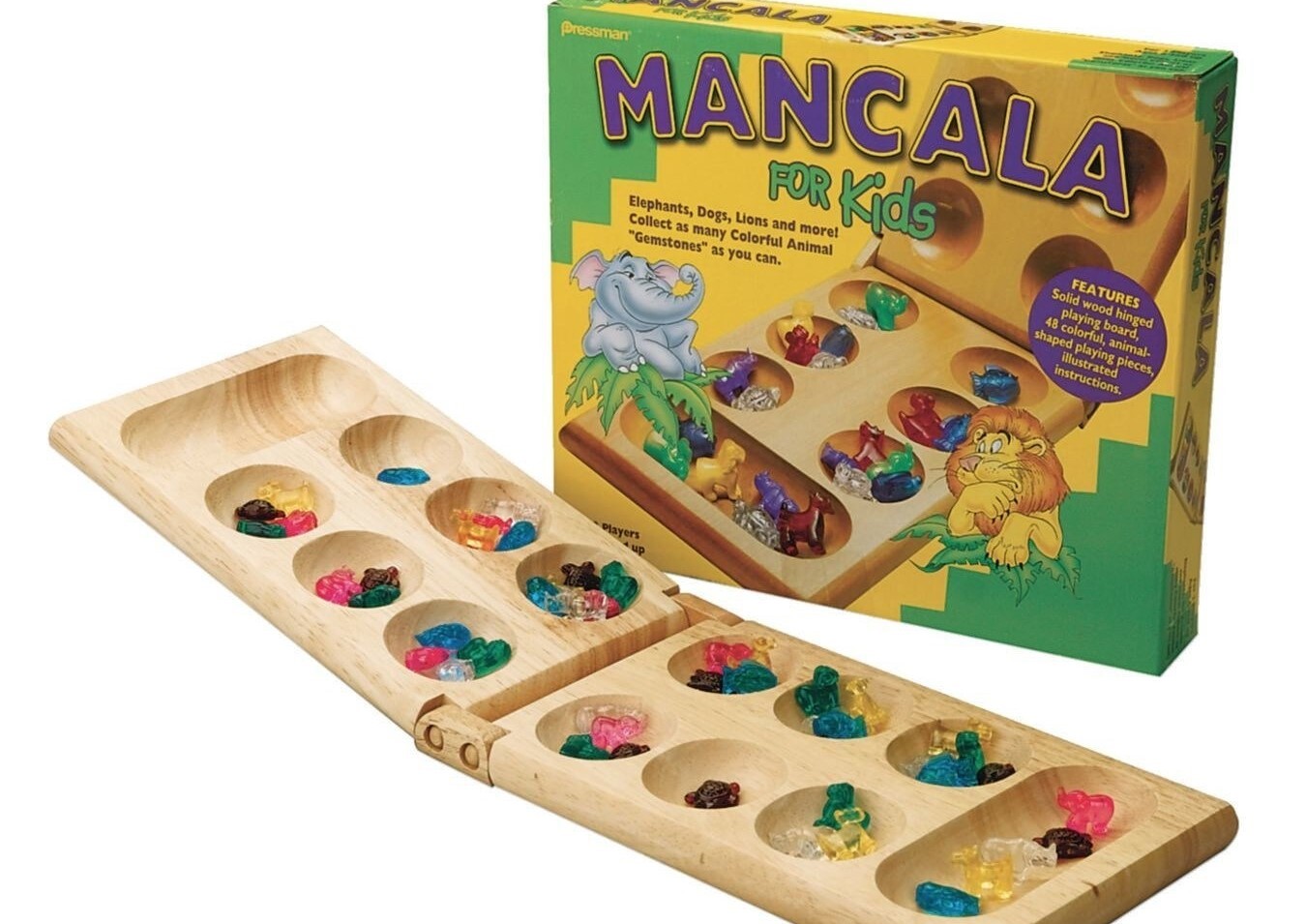
Mancala is an ancient board game that has captivated enthusiasts for centuries. Originating in Africa, this strategic game has spread across the globe, captivating players of all ages and backgrounds. With its simple yet addictive gameplay, Mancala provides hours of entertainment and challenges players to think strategically and plan their moves ahead.
In this article, we will explore ten captivating facts about Mancala, delving into its rich history, cultural significance, and various variations found around the world. Whether you are a seasoned Mancala player or just getting introduced to this fascinating game, these facts are sure to enhance your understanding and appreciation of Mancala.
Key Takeaways:
- Mancala, one of the oldest board games, improves strategic thinking and is enjoyed by people of all ages, connecting cultures and fostering social bonds.
- With hundreds of variations and worldwide tournaments, Mancala is not just a game but a way of life, providing endless entertainment and mental stimulation.
Mancala is one of the oldest board games in the world.
With a history dating back thousands of years, Mancala has been played across various cultures and continents. This ancient game has stood the test of time and continues to captivate players even today.
Mancala is known by different names in different regions.
Depending on the region, Mancala is also known as “Oware” in West Africa, “Congkak” in Southeast Asia, and “Bao” in East and South Africa. Despite the name variations, the gameplay remains quite similar.
Mancala is played on a board with small pits or cups.
The game board consists of a series of small pits or cups, typically arranged in two rows. Each player has their own side of the board, and the objective is to collect the most stones or seeds by strategically moving them from one cup to another.
Mancala improves strategic thinking and planning skills.
Playing Mancala requires players to think ahead and plan their moves wisely. It helps develop strategic thinking, decision-making abilities, and promotes critical thinking skills.
There are hundreds of variations of Mancala.
Throughout history, numerous variations of Mancala have emerged, each with its own set of rules and unique gameplay. Some popular variants include Kalah, Bao, and Awele.
Mancala is enjoyed by people of all ages.
One of the great things about Mancala is its accessibility. It can be enjoyed by people of all ages, from young children to the elderly. The simple rules make it easy to learn, while the strategic depth keeps players engaged.
Mancala has both traditional and modern versions.
While traditional Mancala games use seeds, stones, or shells as playing pieces, modern versions are also available with colorful beads or marbles. These contemporary designs serve to enhance the visual appeal of the game.
Mancala has a rich cultural significance.
Across various cultures, Mancala holds significant cultural value. It is often used as a means of storytelling, passing down legends, and preserving cultural traditions.
Mancala tournaments are held worldwide.
Due to its popularity, Mancala tournaments are organized in different countries, bringing together skilled players from around the world. These tournaments showcase the competitive nature of the game and foster a sense of community among participants.
Mancala is not just a game; it’s a way of life.
For enthusiasts, Mancala goes beyond being just a game. It becomes a way of life, connecting people, fostering social bonds, and providing endless hours of entertainment and mental stimulation.
Conclusion
In conclusion, Mancala is a fascinating game that has captivated people for centuries. Its origins can be traced back to ancient Africa, and it has since spread to different parts of the world, becoming a beloved pastime for many. The game’s simplicity and strategic depth make it a favorite among players of all ages.
Whether you’re just discovering Mancala or you’re already a seasoned player, these 10 captivating facts highlight the rich history and unique aspects of the game. From different variations and strategies to its cultural significance, Mancala continues to entertain and engage players worldwide.
FAQs
1. What is Mancala?
Mancala is a board game played with small stones or seeds and a series of pits or cups on a wooden or plastic board. The objective is to capture the opponent’s pieces and collect the most stones/seeds.
2. How old is Mancala?
Mancala has been played for thousands of years and can be traced back to ancient Africa. It is one of the oldest known board games in the world.
3. Are there different variations of Mancala?
Yes, there are many different variations of Mancala played across different regions. Some examples include Kalah, Oware, and Bao, each with its own set of rules and strategies.
4. How many players can participate in a game of Mancala?
Mancala can be played by two players, with each player sitting opposite to each other. However, some variations allow for more than two players to join in the game.
5. Is Mancala a game of skill or luck?
Mancala is primarily a game of skill that requires strategic thinking and planning. However, there is an element of luck involved as the distribution of seeds or stones can influence the outcome.
6. Can children play Mancala?
Absolutely! Mancala is suitable for players of all ages. It is an excellent game for children to develop their counting skills, critical thinking, and strategic planning.
7. What are the benefits of playing Mancala?
Playing Mancala has several benefits, including improving logical thinking, fostering social interaction, enhancing problem-solving skills, and promoting cognitive development.
8. Is Mancala only played in Africa?
No, Mancala has spread beyond Africa and is played in various countries around the world. It has gained popularity and recognition as a challenging and enjoyable game globally.
9. Can Mancala be played online?
Yes, there are numerous online versions and digital adaptations of Mancala that allow players to enjoy the game virtually against opponents from anywhere in the world.
10. Where can I learn more about Mancala?
There are plenty of resources available online, including tutorials, strategy guides, and online communities, where you can learn more about the game and connect with fellow Mancala enthusiasts.
Mancala's timeless appeal lies in its elegant simplicity, yet mastering game strategy takes dedication. Honing your skills in this ancient pastime can also sharpen strategic thinking for other classic board games. Why not explore some of the best strategy games available today?
Was this page helpful?
Our commitment to delivering trustworthy and engaging content is at the heart of what we do. Each fact on our site is contributed by real users like you, bringing a wealth of diverse insights and information. To ensure the highest standards of accuracy and reliability, our dedicated editors meticulously review each submission. This process guarantees that the facts we share are not only fascinating but also credible. Trust in our commitment to quality and authenticity as you explore and learn with us.


